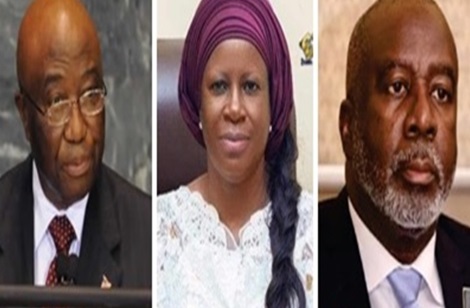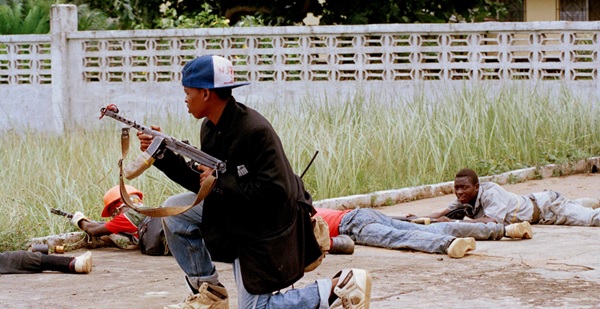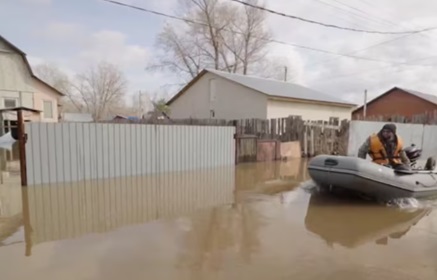A Commentary By Socrates Smythe Saywon
Should Liberia fail to establish a War and Economic Crimes Court, it would signify a lost chance for justice, accountability, and reconciliation. Despite widespread recognition of the atrocities perpetrated during Liberia’s civil war (1989-2003) and the urgent demand for accountability, numerous hurdles have impeded efforts to create such a court.
One of the primary challenges has been a lack of political will among key stakeholders, including the newly installed government of President Joseph Nyuma Boakai, and certain members of the Liberian legislature. Political considerations, including concerns about stability, power dynamics, and vested interests, have often overshadowed the pursuit of justice. As a result, efforts to establish a court have faced resistance and inertia, perpetuating a culture of impunity.
Additionally, institutional weaknesses and resource constraints have posed significant barriers to establishing a functioning justice system capable of prosecuting war and economic crimes effectively. Liberia’s judicial infrastructure remains under-resourced and overwhelmed, further complicating efforts to address complex cases of mass atrocities.
Moreover, the failure to establish a War and Economic Crimes Court reflects broader challenges in transitional justice processes, including truth-telling, reparations, and reconciliation. Without accountability for past crimes, victims are denied justice, perpetrators remain unpunished, and the wounds of war continue to fester, undermining efforts to heal and rebuild society.
Furthermore, the absence of a War and Economic Crimes Court undermines Liberia’s international obligations and commitments to uphold human rights and the rule of law. It sends a troubling message that impunity will prevail over justice and erodes trust in Liberia’s ability to address past injustices and prevent future conflicts.
Nevertheless, despite these setbacks, the pursuit of justice for Liberia’s victims must continue. Alternative avenues for accountability, such as international tribunals or hybrid courts, should be explored. Civil society organizations, grassroots movements, and the international community can play a crucial role in advocating for justice and supporting efforts to address impunity.
Ultimately, the failure to establish a War and Economic Crimes Court for Liberia highlights the complex and challenging nature of post-conflict justice processes. However, it also underscores the importance of perseverance, solidarity, and unwavering commitment to the principles of truth, accountability, and human rights. Only by confronting the past can Liberia build a more just and peaceful future for all its citizens.







